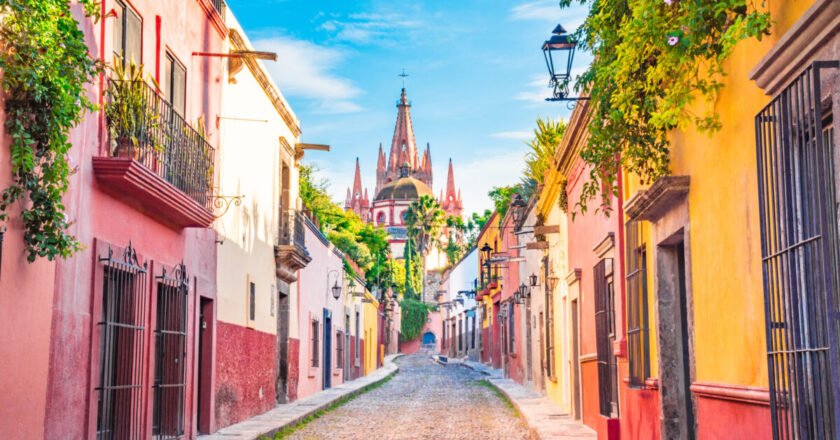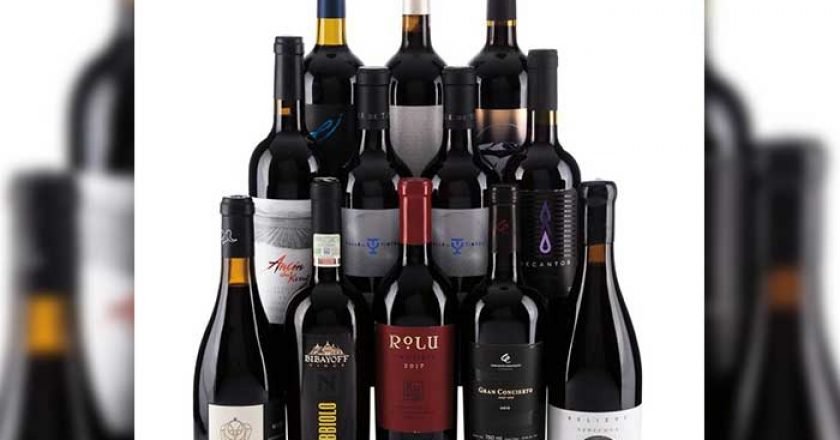Pacifying unions at what cost? Mexican President Andres Manuel Lopez Obrador, (AMLO) has said he was ordering the education, interior and finance ministries to suspend laws passed by the government of his predecessor, President Enrique Pena Nieto
AMLO says those laws belong to the “neo-liberal” era, his name for the three and a half decades that preceded his election. He has repeatedly blamed that period for aggravating poverty, corruption and violence in Mexico.
The repeal of this law is aimed at buying off the CNTE teachers union – a dissident breakaway group from the biggest union, the SNTE. These young people who call themselves student teachers, although they don’t go to school, have staged months of protests and blockades to pressure Lopez Obrador to dump the 2013 reform that requires new teachers to take a competency exam and forbids the buying and selling of teaching jobs. AMLO also let the head of the teachers union out of jail, who was found to have $200 million USD in properties, as well as a private jet. AMLO just this week gave her back all of her ill-gotten-booty and she is running for president of the union again! If she wins, she will once again be able to sway elections by delivering 26,000 votes from her teachers.
Central Americans Getting Pushy. Trump is cranking up pressure on Mexico to stop the flow of migrants through that country and it seems to be working. A little bit. Detentions of undocumented migrants waiting for registration in Mexico increased to 12,746 last month, an increase of almost one-third compared to February, and two-thirds compared to January.
The INM says that migrants staying at its facilities are not detained but rather are being held for processing, but rights groups and the migrants themselves say they are not free to leave.
Thousands of migrants have been stranded in Chiapas as they wait to see if they will be granted humanitarian visas, or at least 20-day transit visas that allow them to legally travel through Mexico.
Some of the migrants have been staying inside a makeshift shelter set up inside a sports stadium for almost three weeks, while others have camped in a field. “It’s madness that they’re making us wait so long. For what? For nothing!” said Daisy Maldonado, a 26-year-old from Honduras who traveled to Mexico with her five-year-old daughter.
Immigration Commissioner Tonatiuh Guillén said in a recent interview that a stricter immigration approach was being adopted in the south of Mexico due to a large number of arrivals, but he denied that it was a result of pressure from the United States, although two large groups of migrants – 204 from Honduras and 148 from Cuba – were deported from Mexico in recent days after they were found traveling through the country without having first regularized their immigration status.
“Migration officials are grabbing us like pigs,” said Erick Morazan, a 28-year-old Honduran migrant who traveled at night in a “caravan of zombies” to avoid detection by immigration officials and the possibility of deportation.
In related news. As the number of Central American immigrants has increased, the welcome mat in southern Mexico is being withdrawn. One Mapastepec resident who said she helped provide food for migrant caravans last year told Reuters that migrants “are pouring onto our land” and regularly ask residents for money, rejecting offers of food. A recent poll of close to 500 adults by the Center of Public Opinion at the University of the Valley of Mexico (UVM) found that 83% believed that migrants could cause problems for Mexico, and 62% said they believed Mexico should be tougher on them.
A heads-up vendor. El Chuy is a street vendor with a cart in downtown Oaxaca city. He is done selling his elotes (corn on the cob) and esquites (corn kernels cooked in butter and topped with mayonnaise, chile and lime juice) in the zócalo, or central square, of the southern state’s capital, using Styrofoam cups. He now wraps his goodies in corn husks.
He started using corn husks, explaining he had heard a lot about the damage that Styrofoam causes “to the seas, marine animals and ecosystems.”
Alvarado said his environmentally-conscious decision made more work for himself because he has to get up early in the morning to cut and clean the corn husks, but it’s been worth it: in addition to helping the environment, the Styrofoam substitute has proven popular among El Chuy’s customers. “People say the [the esquites] taste better than with Styrofoam. Corn husks are very clean and they release a very sweet flavor,” Alvarado said.
His sales have also improved, and despite the extra work he puts in, El Chuy continues to sell a serving of esquites at the same old price of 20 pesos (US $1).
Down, boy! Two women were attacked and mauled this week by their own family’s eight dogs — six pit bulls and two dalmatians. Police reported the dogs attacked a 46-year-old woman and her 26-year-old daughter at home. Authorities identified another daughter and her boyfriend, who live in the same house, as the dogs’ owners. The couple voluntarily gave permission for an animal control team to capture the animals.
One year ago two pit bulls killed a seven-year-old child in México state. He and his mother had left the house to go shopping but when they returned they discovered they had left the keys inside. The young boy volunteered to scale the entrance wall but when he descended on the other side the dogs attacked. Neighbors rushed to help but by the time they entered the home the child was dead.
Also on the mainland, a woman was mauled and partially eaten on her way to work by a pack of 11 dogs. Some of the dog’s owners refused to surrender them to authorities.
It gets closer to home: A boy dog riding along the Malecon in La Paz, in the back of a pickup truck, saw a pretty girl dog walking on a leash along the Malecon, just minding her own business. The boy dog leapt out of the truck and attacked. The boy dog’s owner leapt out too and tried to stop the fight the girl dog put up for her honor and the horny out of control dog turned around and bit his own owner in the face, enough that he had to have stitches!
The city of La Paz is trying to ban all dogs from the Malecon because even leashed dogs are biting, but they’re getting so much push back from dog owners, the law probably won’t work.
This isn’t working. Illegal taps on petroleum pipelines increased in both January and February compared to the same months last year despite the federal government’s crackdown on fuel theft.
The state oil company reported that 1,342 new pipeline taps were detected in February, an increase of 9.6% over the same month in 2018.
In January, a month when the federal government was implementing an anti-fuel theft strategy that caused widespread gasoline shortages, there were 1,519 new pipeline taps detected, a 45% increase compared to a year earlier. In Hidalgo, where more than 100 people were killed in January by an explosion at a tapped pipeline, the number of illegal taps still didn’t go down.
Three weeks after he took office on December 1, President López Obrador began implementing a strategy aimed at combating high levels of fuel theft, a crime that costs Pemex billions of pesos a year. The strategy included the closure of several major pipelines and the deployment of the military and Federal Police to protect fuel infrastructure. With pipelines closed, Pemex was forced to make greater use of tanker trucks to transport fuel, a situation that was blamed for causing prolonged gasoline shortages that affected more than 10 states.
The government’s claims that fuel theft has been significantly reduced appear to be not true.
Over $2 million in cash stolen. It took a group of armed men 3 minutes to steal $2.4 million worth of United States and Canadian dollars at Guanajuato International Airport in Central Mexico last Wednesday night, more than double the amount initially reported.
Between six and eight masked men in a truck disguised with a fake Aeroméxico logo breached security to enter the runway area, where they intercepted an airport service vehicle that was in the process of delivering the cash to a waiting aircraft.
The money had arrived at the airport in a PanAmericano armored truck at around 8 p.m. in order to be flown to Mexico City. The armed men stole 14 of 18 bags of cash from a sole unarmed PanAmericano guard and two airport employees traveling across the tarmac in a luggage transport vehicle. The thieves then loaded the money into their truck, drove to the perimeter of the airport property and knocked over a fence to escape.
Shortly after the robbery, police found the truck that was used in the robbery and recovered two of the stolen bags of cash. They later found two more bags of cash in another abandoned vehicle.
Federal and state police, as well as the army, conducted a joint search operation but there have been no arrests. Later, Federal Police set up checkpoints to inspect vehicles entering and leaving the Guanajuato airport as part of wider measures to bolster security at the facility.










